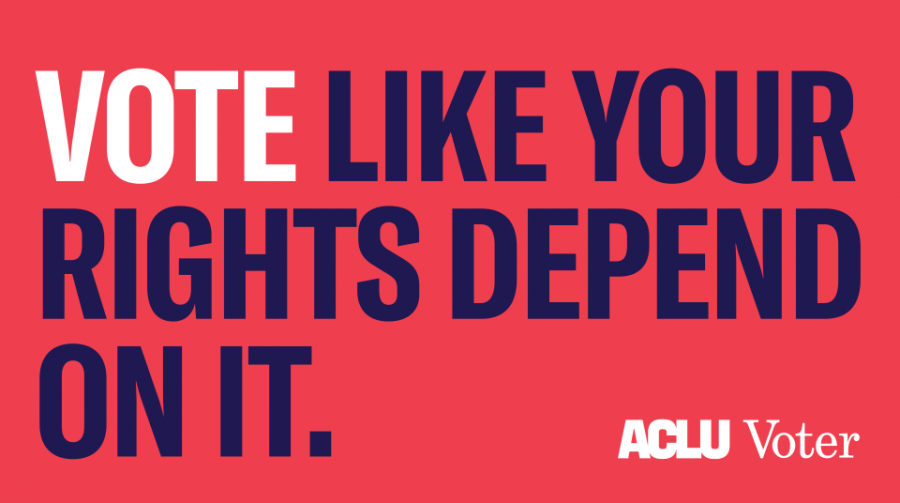So you think you can vote? DO IT.
On average, only 40 percent of eligible voters actually vote in midterm elections, according to a poll conducted by Vox. For 18-24 year olds, this number is even lower, with only 28 percent of young adults voting in elections. These numbers decrease more during primary and odd year elections.
This year’s midterm elections are more important than ever—and here’s why.
Four hundred thirty-five U.S House seats and 35 U.S Senate seats are up for election. The midterm elections are set to change the course of the American political landscape for years to come due to the plethora of issues facing the general population. If the Republicans lose control of either the Senate or the House, then they are unable to push their agenda by their votes alone. This would mean that issues such as gun control and immigration rights would no longer remain gridlock in the split senate.
So why should you vote if you’re able to?
Not knowing a lot about politics shouldn’t stop you from voting. WHS senior Meredith Case is going to vote on Nov. 6. “I think that it’s still important to go out and vote if you’re 18,” said Case. “You can get in the habit of voting and you are able to feel a part of the American government even if you don’t know a lot about the people running.”
Your vote does matter even if you think it doesn’t. Being civically engaged in who governs the country and what policies directly affect you is a step into adulthood that can only be achieved by voting.
Senior Sam Arkin believes that it is especially important for young adults to go out and vote in this year’s midterm elections. “I think it is important to vote because it is one of the most important factors of American society,” said Arkin. “We have the opportunity, the right, and the luxury of being able to decide upon rules by which we are governed.”
Even if you can’t vote, there are ways to remain active and feel a part of the midterm elections.
Volunteering and interning for candidates allow you to show your support for your chosen party’s candidate while also spreading the candidate’s message. Canvassing for your chosen candidate can encourage more people to vote and inform them of the platform each candidate is taking.
If you’re interested in politics, inform others about the candidates—who they are and what their platforms are. [See page 1 for platforms.]
Tell people who can vote to vote. If you know people who are eligible to vote, tell them to use their right to vote even if they don’t know much about the candidates. Voting for anyone is better than voting for no one.

